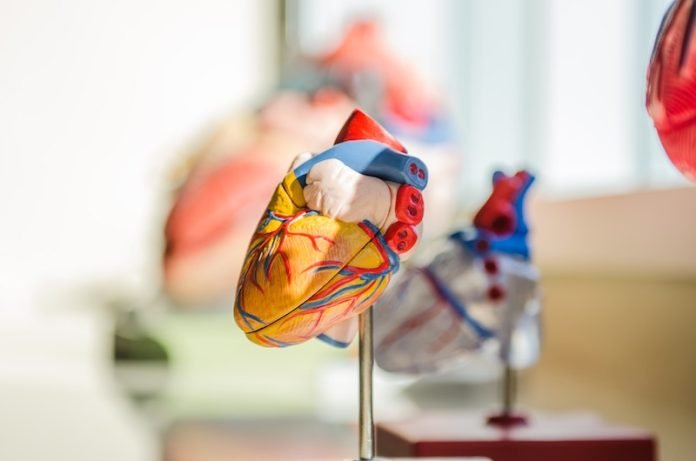
Understanding Heart Attacks
A heart attack is a scary thing. It happens when blood flow to a part of the heart is blocked, usually by a blood clot. This can damage the heart and even be deadly.
The most serious type of heart attack is called an ST-segment elevation myocardial infarction, or STEMI for short.
This kind of heart attack happens when a major artery that carries blood to the heart is completely blocked.
There are more than 30,000 hospital admissions due to STEMI each year in the U.K. When someone has a STEMI, they need to be treated quickly to minimize damage to the heart.
Usually, this involves an emergency procedure called angioplasty, which re-opens the blocked artery.
The “Blue Monday” Phenomenon
Some interesting research was recently presented at a medical conference in Manchester, England.
Doctors from Belfast and Ireland looked at data from over 10,000 patients who were admitted to the hospital with STEMI between 2013 and 2018.
They found something surprising. More people had STEMI heart attacks at the start of the working week, especially on Mondays. They also saw more STEMI heart attacks than expected on Sundays.
Scientists call this the “Blue Monday” phenomenon. But why does this happen? Right now, they’re not completely sure.
Previous studies suggest that it might have something to do with our body’s sleep and wake cycle, also known as the circadian rhythm.
What Does This Mean?
Dr. Jack Laffan, a cardiologist who led the research, said, “We’ve found a strong statistical connection between the start of the working week and the number of STEMI cases.
We’re not quite sure why this happens, but we think it might have something to do with the body’s sleep and wake cycle.”
Professor Sir Nilesh Samani, who works at the British Heart Foundation, added, “Every five minutes, someone in the U.K. is admitted to hospital because of a life-threatening heart attack.
That’s why it’s so important that we continue researching how and why heart attacks happen.”
He also said, “This study adds to evidence about when serious heart attacks are most likely to happen. Now we need to figure out why certain days of the week seem to be riskier.
If we can understand this better, we might be able to save more lives in the future.”
If you care about heart health, please read studies about the best time to take vitamins to prevent heart disease, and flu and COVID vaccines may increase heart disease risk.
For more information about health, please see recent studies that Vitamin D deficiency can increase heart disease risk, and results showing vitamin B6 linked to lower death risk in heart disease.
Copyright © 2023 Knowridge Science Report. All rights reserved.




